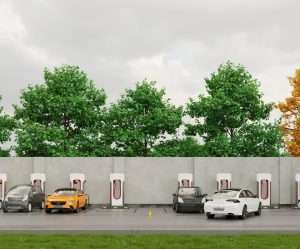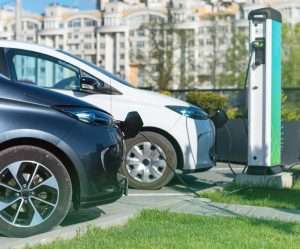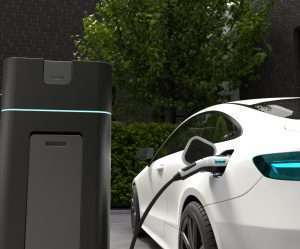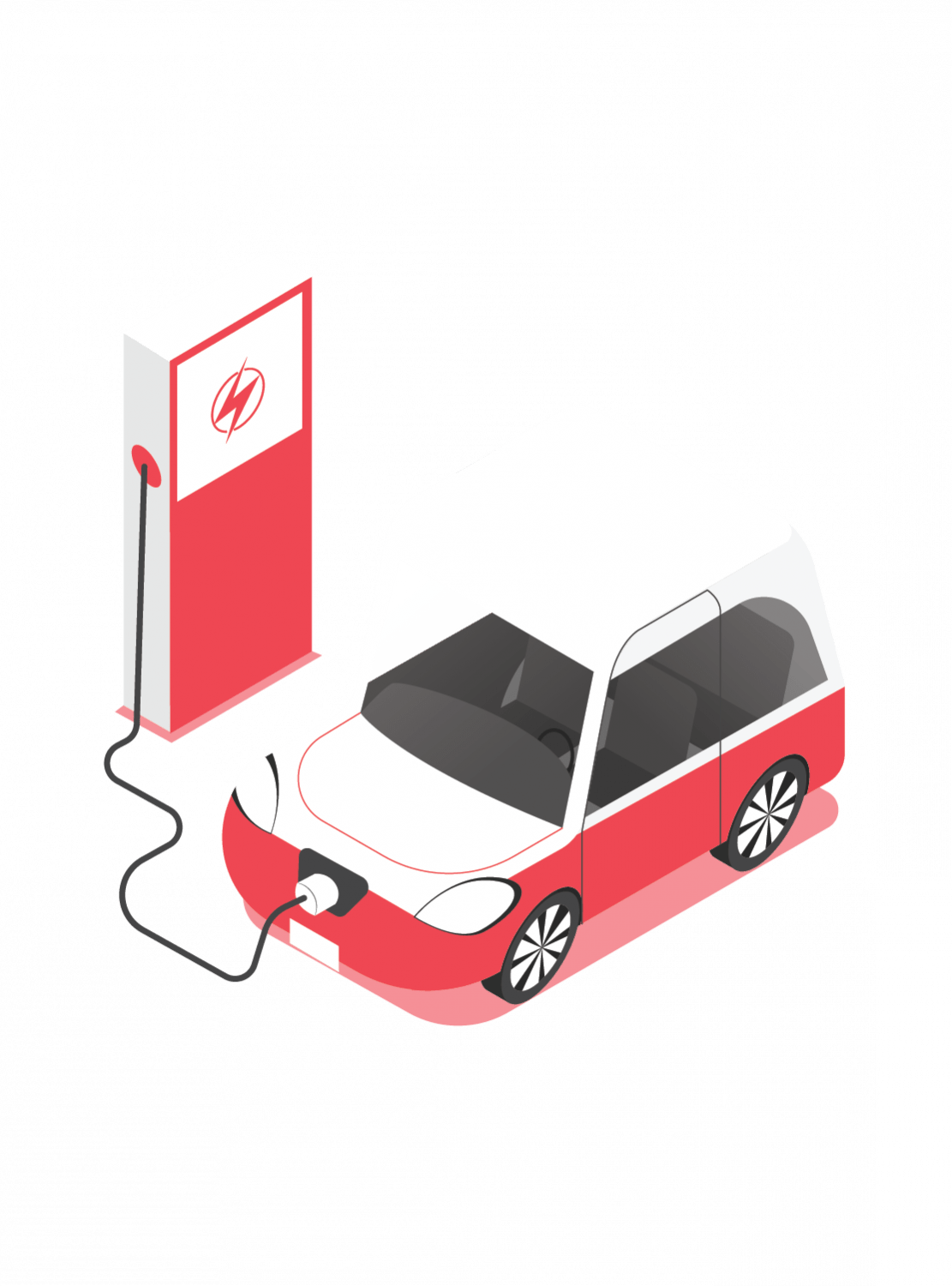5 Environmental Benefits of EV
As more people become aware of the environmental advantages of electric cars (EVs), their appeal is rising. We shall go into great detail on the advantages of EVs for the environment in this blog.
Rechargeable lithium-ion batteries, which are also used to power computers and smartphones, are utilised to power one or more of the motors in EVs. Like electrical equipment, EVs must be charged from external power sources. Certain battery types generate electricity from regenerative braking or the frictional energy of the moving vehicle to charge. Lithium-ion batteries usually outperform internal combustion engines and are much cleaner. Many have a guaranteed lifespan of 8–10 years.
Due to growing fuel prices and a desire for greener initiatives, several corporations have begun incorporating electric vehicles (EVs) into their fleets. Renowned for their high fuel efficiency, EVs could be a practical choice to reduce operating expenses. In the US, the average price of electricity is 10 cents per kilowatt-hour (kWh). When compared to a gasoline-powered car, an electric car typically costs less per mile—about 3 cents as opposed to 10 cents.
In addition to costing less to operate than gas or diesel vehicles, EVs are a more environmentally benign option. By removing the exhaust, they can reduce a fleet’s carbon gas emissions. This benefit supports businesses in maintaining sustainable operations and regulatory compliance
The biggest benefit of electric cars is the potential improvement in air quality they could bring to cities. Pure electric vehicles do not release any carbon dioxide while they are moving because they do not have an exhaust. As a result, air pollution has greatly decreased.

Simply put, electric vehicles improve the quality of life for bicyclists and pedestrians in our towns and cities by keeping the streets cleaner. Average CO2 emissions can be reduced by 1.5 million grams yearly with just one electric vehicle on the road. Four round-trip airline tickets from London to Barcelona would be required.
Following are some of the environmental benefits of EVs (Electric Vehicle):

1.Reduction in the emissions of greenhouse gases
EVs emit lower greenhouse gas emissions than regular cars do. This is due to the absence of exhaust emissions from their tailpipes, which cause air pollution and climate change. Over their lifetime, EVs emit fewer emissions than conventional vehicles, according to the U.S. Department of Energy.
The type of electricity used to charge the EV determines how much pollution is reduced. The reduction in emissions is much larger if the electricity is produced using renewable energy sources, like solar or wind. Electric vehicles (EVs) nevertheless emit fewer emissions than conventional vehicles, even when they are powered by electricity from coal-fired power stations.
2.Reduction in air pollution
EVs help lessen air pollution, a serious health issue in numerous places all over the world. Injurious emissions like nitrogen oxides and particulate matter, which can lead to respiratory and cardiovascular issues, are not produced by EVs.
Research by the Union of Concerned Scientists found that even when energy generation emissions are taken into account, EVs still emit less air pollution than traditional automobiles. According to the study, throughout the course of their lives, EVs emit half as much emissions as conventional vehicles.


3.Consumption of less energy
Compared to standard automobiles, EVs are more energy-efficient. As a result, they need less energy to travel the same distance, which reduces both energy use and fuel expenses. The lack of an internal combustion engine, gearbox, and exhaust system further minimises energy losses.
According to the U.S. Department of Energy, conventional vehicles only convert around 12 to 30% of the energy stored in gasoline to power the wheels, whereas electric vehicles (EVs) transfer roughly 77% of the electrical energy from the grid to power at the wheels.
4.Less dependency on fossil fuels
Electric vehicles (EVs) can lessen reliance on fossil fuels, which are limited and cause climate change. Electric vehicles (EVs) can be fueled by clean energy by using electricity from renewable resources like wind and solar, helping to create a sustainable energy future.
The International Energy Agency predicts that by 2050, 80% of the world’s electricity would come from renewable sources, up from 27% in 2018. The environmental impact of EVs will get better as more electricity is generated from renewable energy sources.


5.Noise pollution reduction
Compared to traditional vehicles, EVs are a lot quieter, which might help lessen noise pollution, particularly in urban areas. They do not have noisy internal combustion engines, which is why.
According to research by the European Environment Agency, millions of people’s health and well-being are negatively impacted by noise pollution in Europe, which is a serious environmental issue. According to the study, EVs are up to 50% quieter than regular cars.
Conclusion
In conclusion, compared to traditional automobiles, electric vehicles offer several environmental advantages. They are more energy-efficient, emit fewer greenhouse gases and air pollutants, lessen reliance on fossil fuels, and emit less noise pollution. Electric vehicles will become more crucial as the world moves towards a more sustainable energy future in minimising the environmental impact of transportation.




